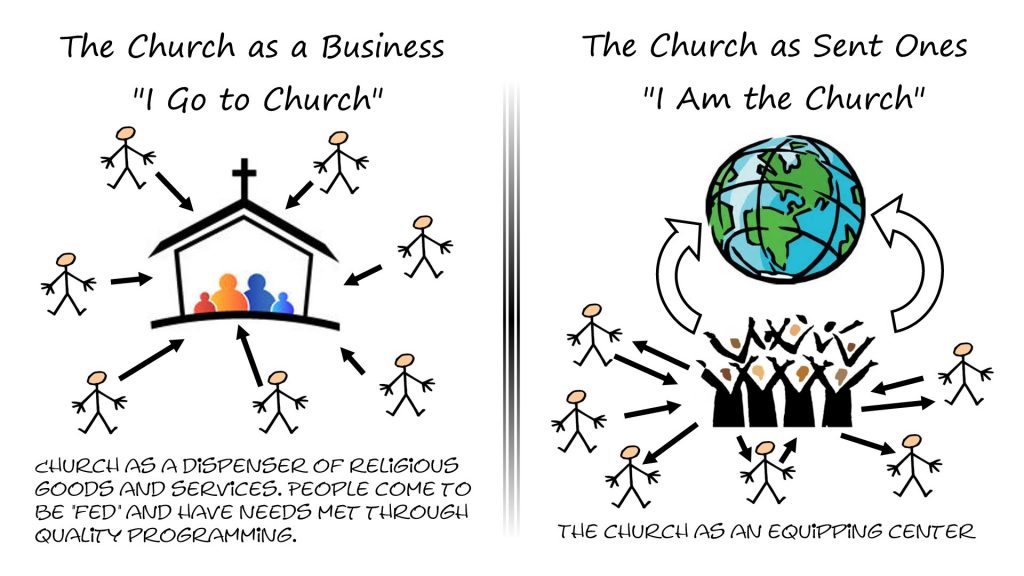I recently read about George Gallup, who years ago delivered a speech at Princeton Theological Seminary where he shared six basic spiritual needs of all people. This is from the famous survey and research guy…
1. The need to believe that life is meaningful and has purpose – The success of Rick Warren’s book, The Purpose-Driven Life may be evidence that people really are searching for meaning and purpose in life.
2. The need for a sense of a deeper community and deeper relationship – The church is not a building but a community of like-minded people, uniting in the common bond in Christ. Look at the development of sports clubs and civic leagues that often will compete with the church for members’ time and loyalties.
3. The need to be appreciated and respected – Jesus broke the mold with His stance on women and the outcasts of society. God is no respecter of persons and each person is created in the image of God and deserving of dignity and respect. There is no joy in life if we do not feel appreciated at home, work, school or in the church.
4. The need to be listened to and heard – In this communication age where blogging is so prevalent, this may be more true than ever. “Can you hear me now?” No one wants to be voiceless!
5. The need to feel that one is growing in faith – All living things grow. The lack of growth means the living thing is either not a living thing or it has died! If we are alive in Christ, made into a new creation, how can we not continue to grow in our faith? I’m not saying it’s easy, but the Christian life takes effort to develop our relationship with God. How many so-called Christians have settled for the status quo of a mediocre life?
6. The need for practical help in developing a mature faith – That is why the community of faith is so important in the Christian life. Without community, we are left to die cold and alone! It’s like a bonfire where a log has rolled away from the flames. The only way for that smoldering log to be re-ignited is to throw it back on the pile. The body of believers (called the church) is this fire of community that offers practical help from the Bible for developing one’s faith.
